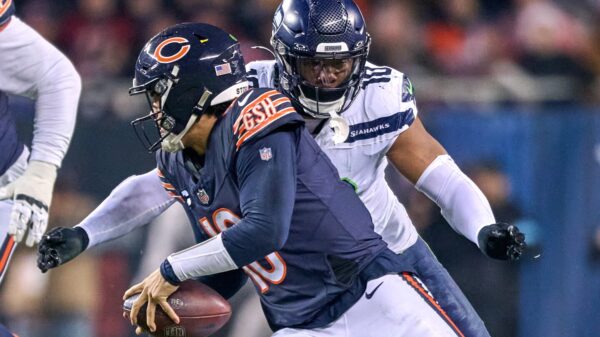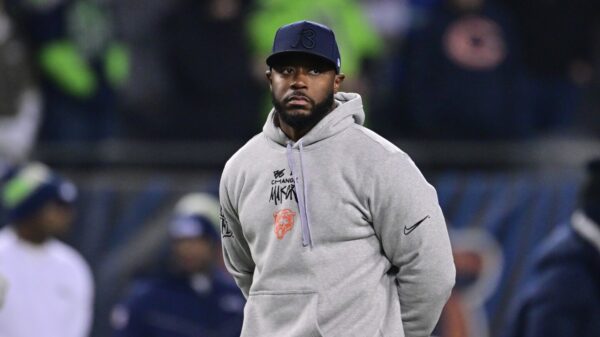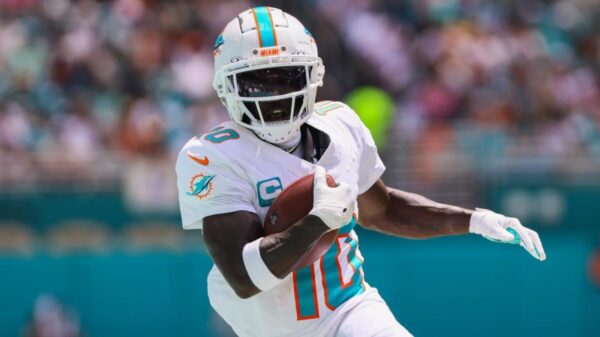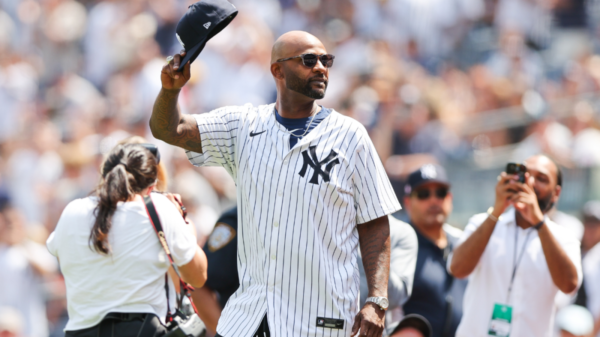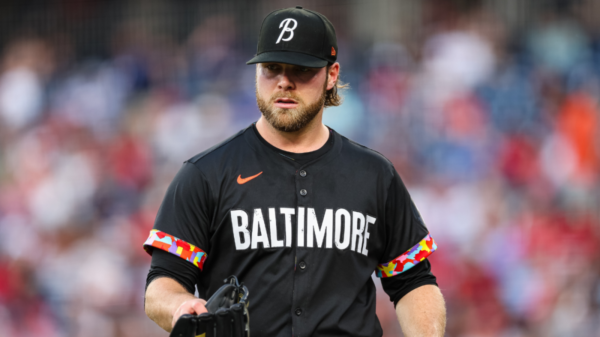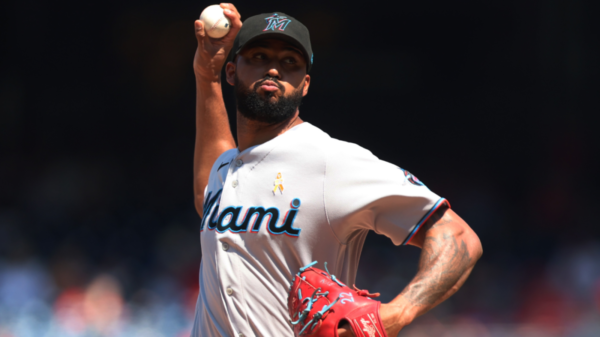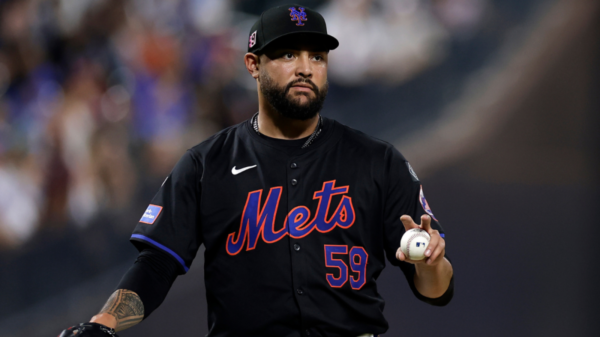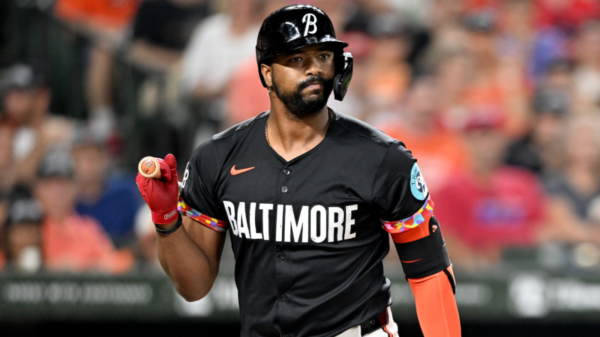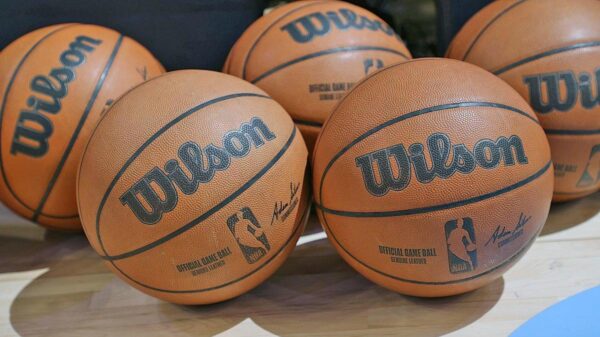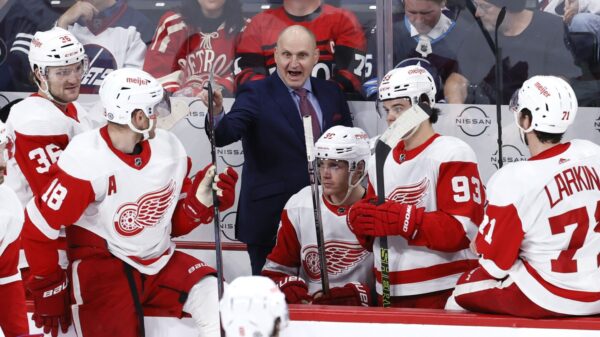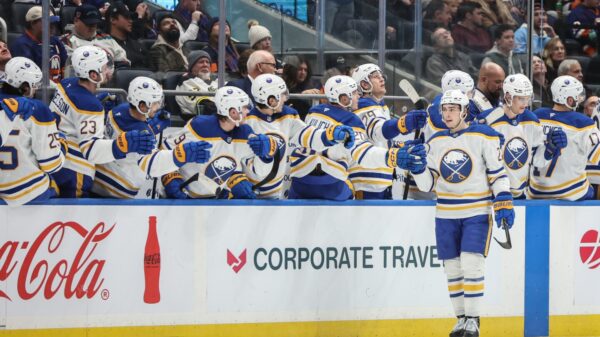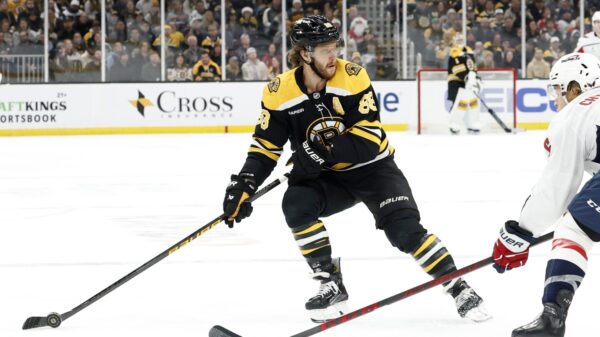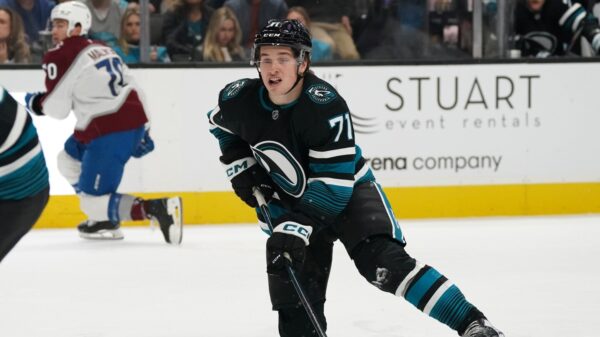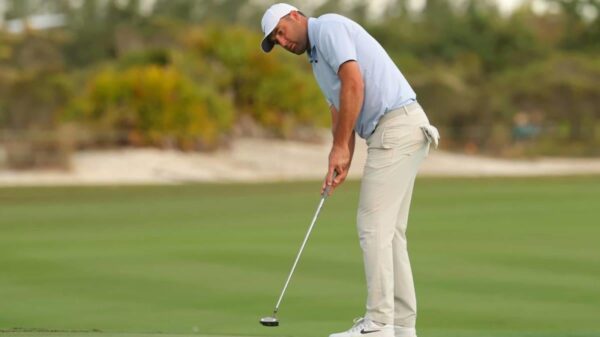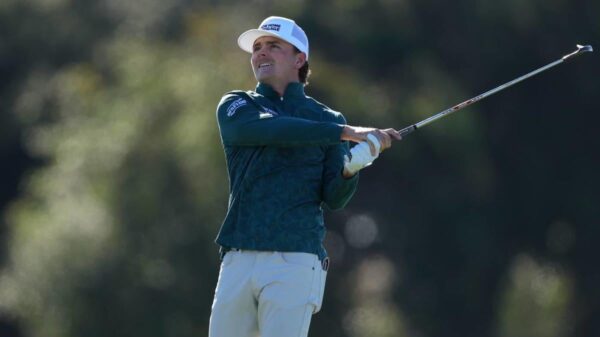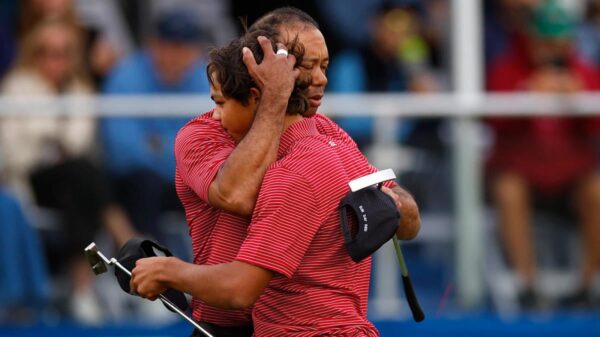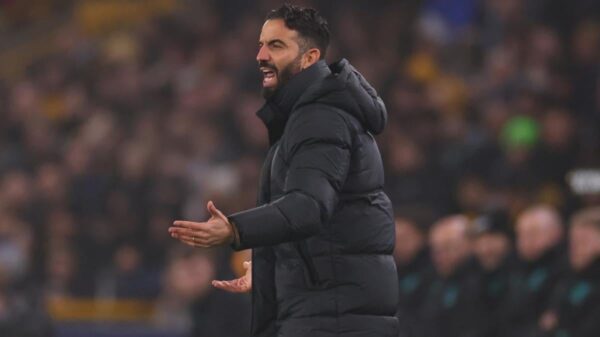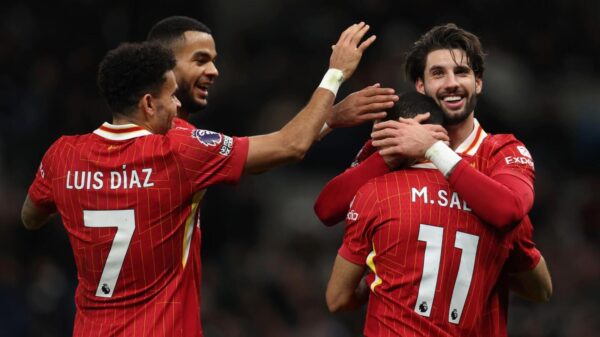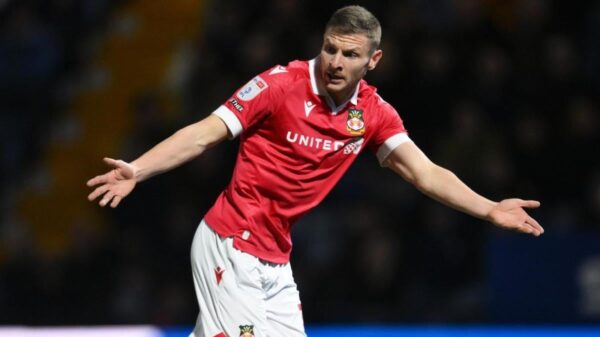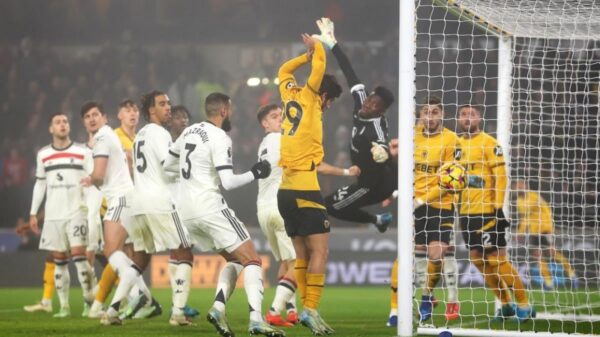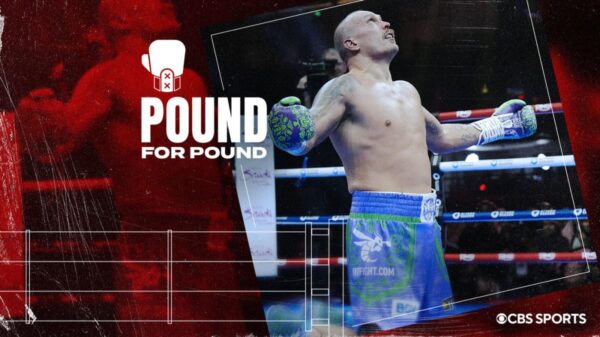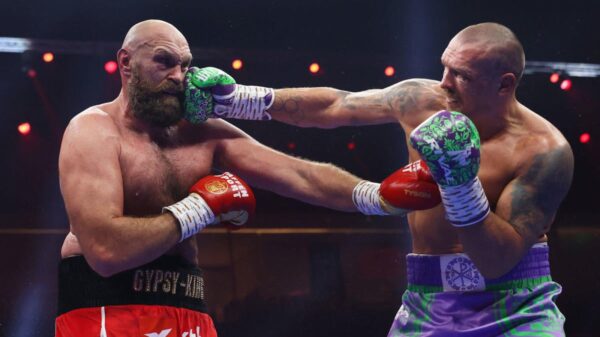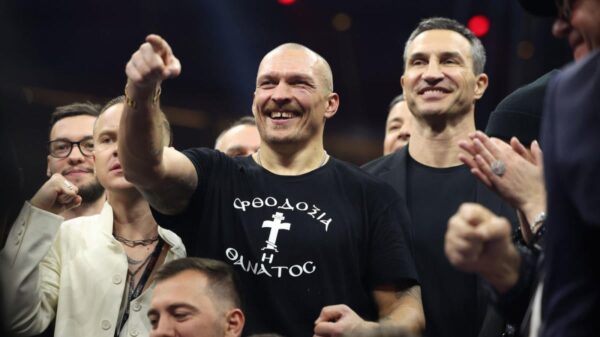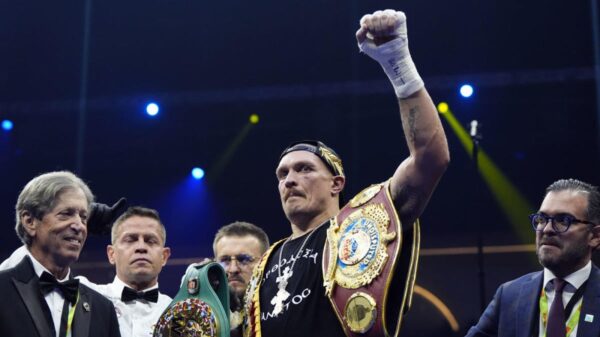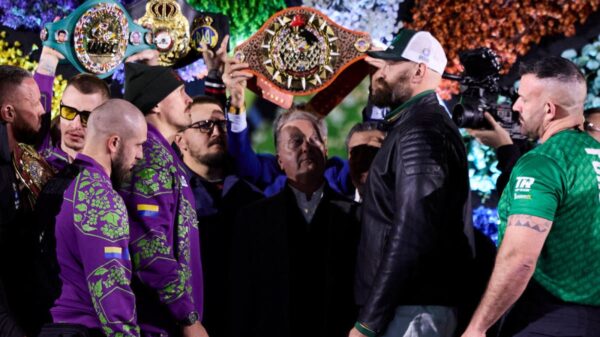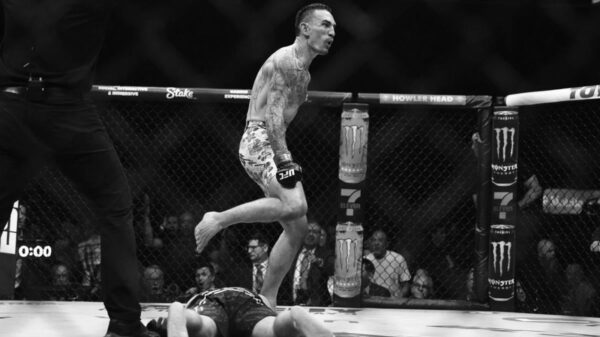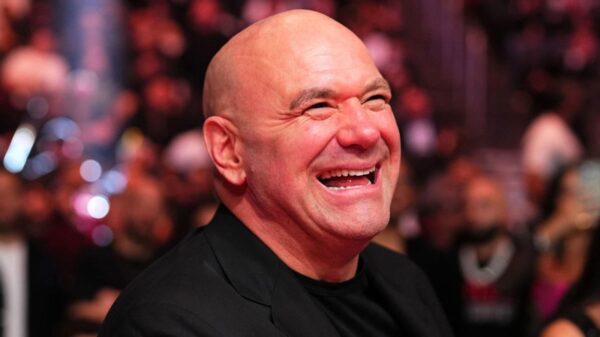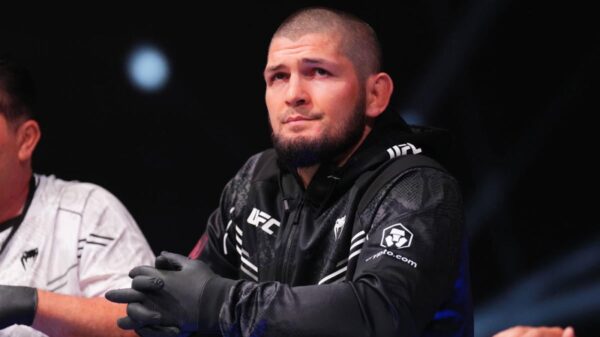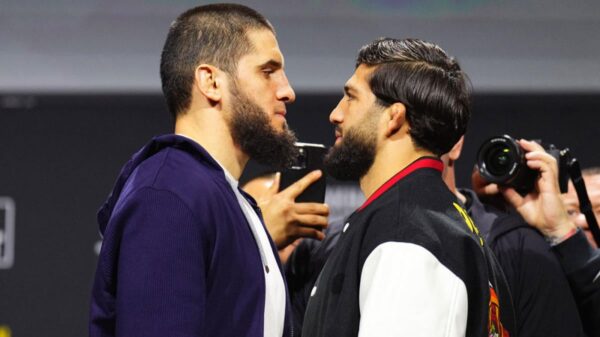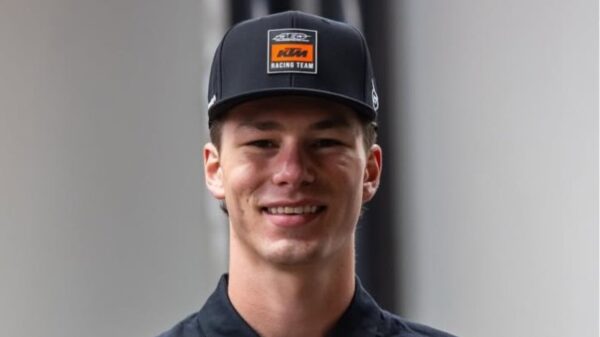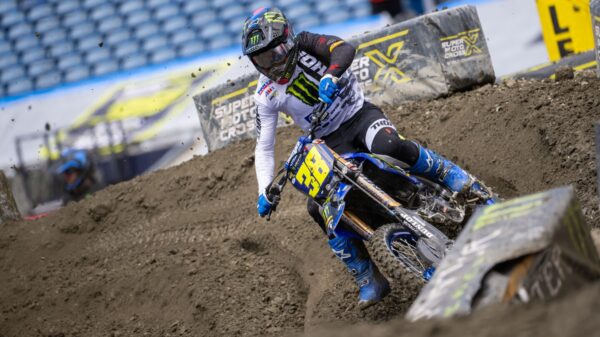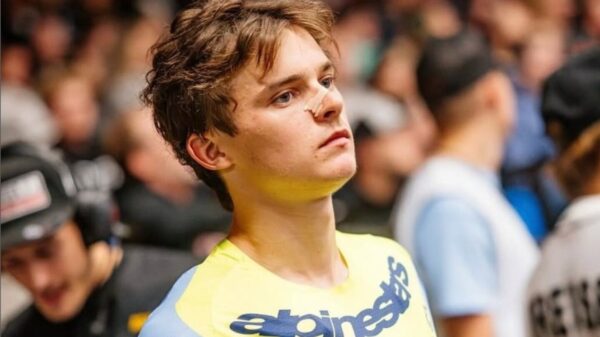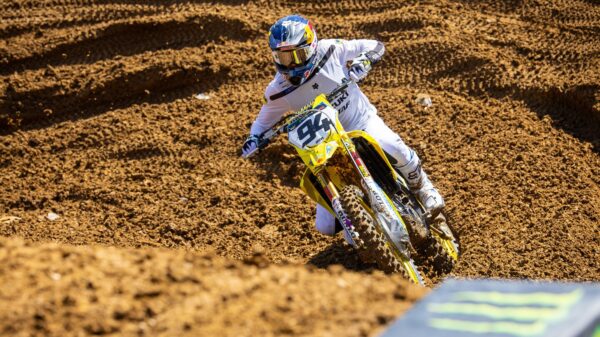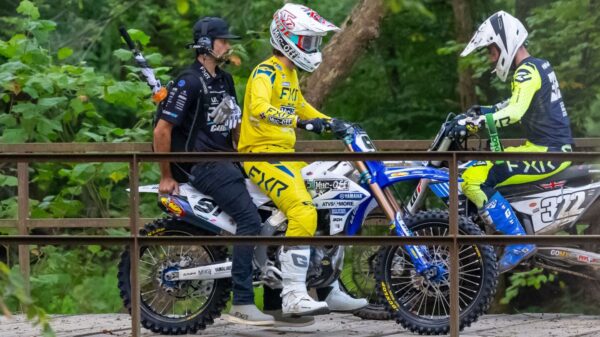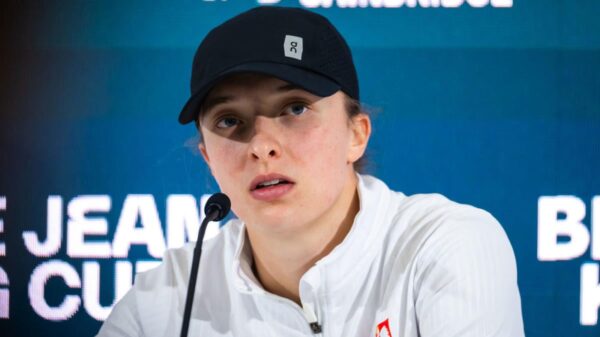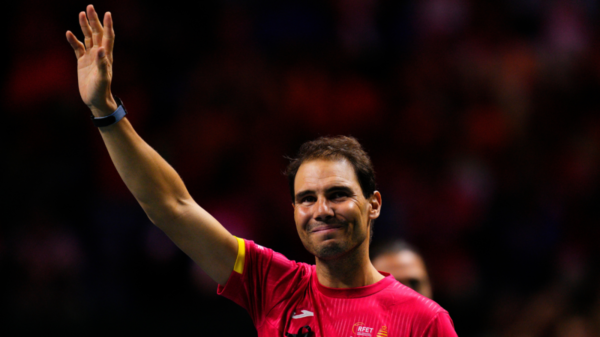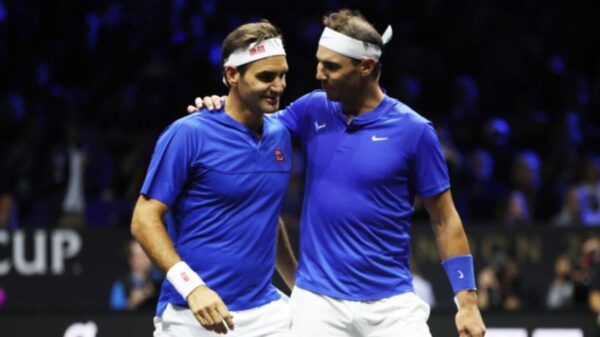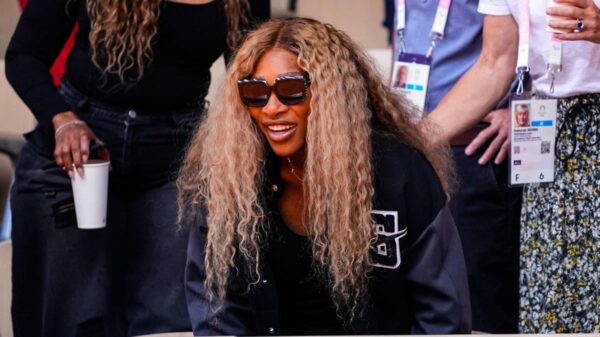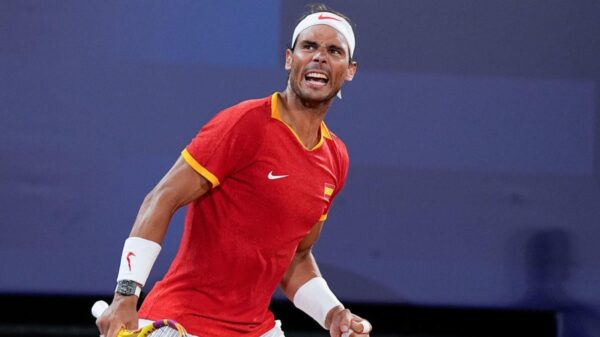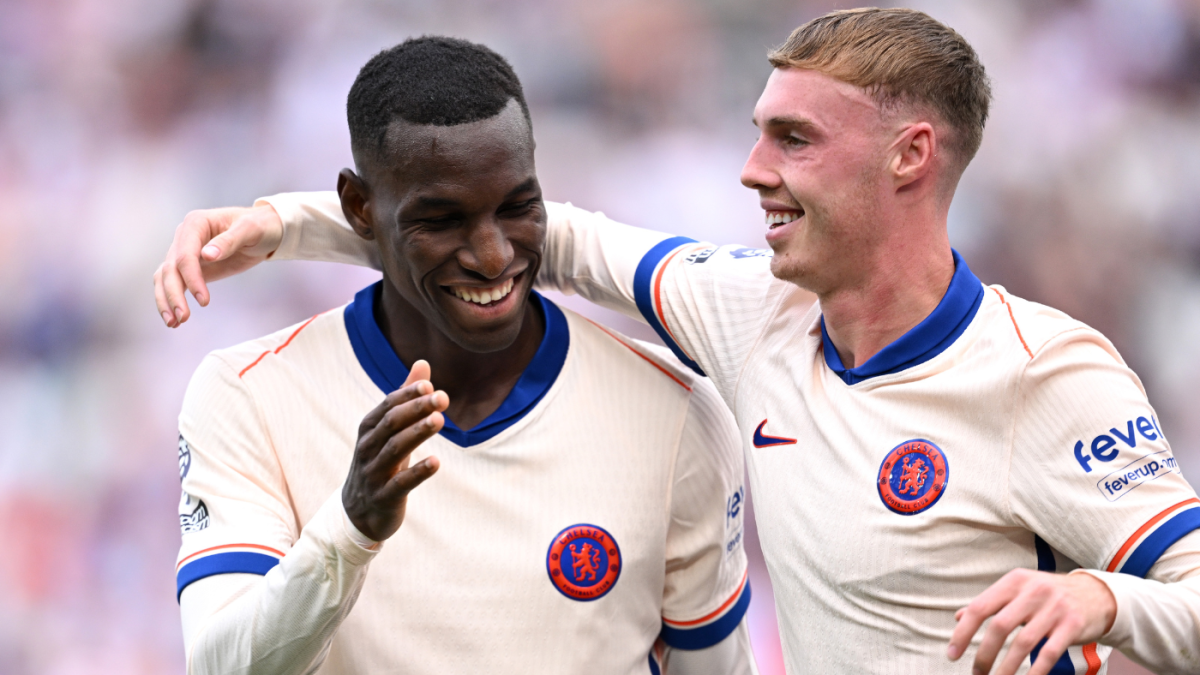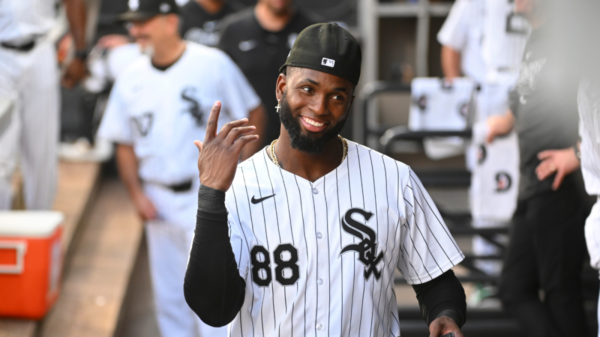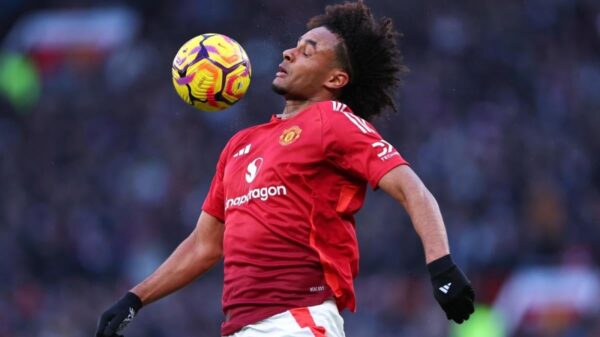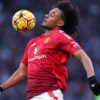With the Premier League at its seven game mark, the table already has a look to it that seems not a million miles away from what it might be come May. This might not be anything like the final standings, but already clubs look like they’ve been bucketed into the right spot for them. Liverpool, Manchester City and Arsenal: there’s your title contenders. Chelsea and Aston Villa fighting around fourth and fifth with a clutch of familiar faces and well run clubs below them? That scans. Wolves, Southampton and Ipswich already scrapping for what they can get makes sense too.
By this stage it is also fair to say that, in general, what you see from a team, both in terms of performances and underlying metrics, should be what you get. Certainly you can still make the case for mitigating factors, perhaps a flurry of red cards or a hellacious early set of fixture list. But, if you want to make the case that your expected goals profile at this stage is not going to be predictive of the remainder of the season, it will need to be a compelling one.
There are plenty of teams then on whom it is possible to get a reasonable handle. That means we can see what we got right and, invariably more interestingly, what we got wrong from our preseason predictions. Let’s dive in:
Please check the opt-in box to acknowledge that you would like to subscribe.
Thanks for signing up!
Keep an eye on your inbox.
Sorry!
There was an error processing your subscription.
1. Chelsea are England’s fourth best team
Given their exceptional end to last season, it was not exactly hard to believe that Chelsea might be a better outfit by this stage of the season than they were 12 months ago. So why were they occupying such a lowly spot on our predicted table, the one team I felt confident would slip beneath my summer fling with Crystal Palace (more on them in due course) and into the bottom 11 (it’s a thing)? The same reason that so little at Chelsea seems to have worked in the past two and a bit years. Relentless off field turbulence.
After all, the manager who had left the club by mutual consent, one of those rare occasions where that seemed a correct usage of the phrase, Mauricio Pochettino, didn’t want to work for Chelsea. Chelsea didn’t want to keep paying him. His replacement, Enzo Maresca, had hardly won hearts and minds at Leicester even as he did win the Championship. The recruitment was once more haphazard, desperate attempts to force the eminently useful Conor Gallagher out of the door resulting in Joao Felix returning to Stamford Bridge after a reasonably underwhelming loan spell. After 10 notable additions and 12 sales, the squad looked too young and light in quality in goal. Nicolas Jackson had convinced those who saw his stats last season but Chelsea’s pursuit of a center forward suggested they weren’t sold in a guy they would subsequently tie down until 2033.
And the many concerns around Chelsea remain valid. Performance related pay bumps for Jackson and Cole Palmer suggest this club may not be able to be successful and retain its advantage of having a lower wage bill than its big six rivals. The question of ownership is enormous and multifaceted. Can Todd Boehly find his billionaires? What happens when Clearlake Capital has to close the fund that includes their stake in Chelsea?
TruMedia
Having said all that, they are playing very good football right now. No team in England is more effective at generating high quality looks for their forward, their average xG per shot at 0.15, more than 30 percent better than the average shot across the top flight. That goes most of the way to explaining why they sit ninth in the league for shots but second for xG. Where that comes from is no less straightforward. Jackson looks a high grade nine, behind him is a forward capable of doing it all. Cole Palmer leads the league in non-penalty xG plus xG assisted per 90, at 1.11. The chances he creates and shots he takes are not that dissimilar to what Lionel Messi was providing at the back end of the 2010s for Barcelona. At least some of my skepticism about Chelsea for 2024-25 was whether Palmer might take a drop back in underlying and raw output, particularly the latter given he had had such joy from the penalty spot in 2023-24. So far that looks unlikely to pass.
Last season Moises Caicedo and Enzo Fernandez struggled somewhat without the ballast Conor Gallagher afforded them in midfield. Now at least one of Malo Gusto and Marc Cucurella support them in that regard, the width from full backs not particularly missed when Jadon Sancho and Noni Madueke are in such dangerous form. It will doubtless be a challenge for Maresca to keep the likes of Christopher Nkunku, Mykhailo Mudryk and Felix happy if they are confined to starts in the Conference League, but given the headaches he could have had at the start of the season, this feels more than satisfactory.
Maresca is probably right when he suggests his side are a fair way off Arsenal and Manchester City. The attack has clicked but a defense that has given up 97 shots and 7.87 xG needs some work. Those aren’t the defensive numbers of a title contender but combine a top six to eight backline with a top two or three attack? That’ll certainly have you right in the mix for Champions League qualification.
2. Manchester United are better but that’s not enough
Manchester United looked to have bought some fairly good players in the summer — though the early signs from both Matthijs De Ligt and Manuel Ugarte aren’t as impressive as it might have seemed before a ball had been kicked — and they surely would not be devastated by injuries in the same way they had been in 2023-24. They haven’t been even if there have been a fair few bumps and scrapes. Surely with a better squad and improvements from the youthful Kobbie Mainoo and Alejandro Garnacho, they’d get better at this football thing? They have.
It’s just, Manchester United were really bad last season. An FA Cup triumph obscures it somewhat, but this was a team vying with Sheffield United for the most shots allowed to opponents, whose xG difference placed them 60th in the 78 teams across Europe’s top four leagues on a per game basis. Indeed, their -13.15 xG difference is just over one expected goal better than the Leicester team of 2022-23. Teams get relegated with Manchester United’s xG profile. But for some excellent shot-stopping by Andre Onana in the second half of the season, even a disappointing eighth place might have been beyond Erik ten Hag.
Speaking after the 0-0 draw with Aston Villa, a result that left his side moored in 14th place, Ten Hag offered a robust case for what he has improved since last season: “Internally we are disappointed and we know we need to do better, especially we need to score more because in this moment after this block of games that’s the area we’re really short. All the other areas I think we are doing really well. We have four clean sheets so that says a lot about the defending and the organization. Also now the defending of defensive transitions we are doing really well, so we are really improving on that point. Our build-up play is good – we are calm, composed. We’re creating the chances apart from today.”
He has something of a point. Even after that disastrous defeat to Tottenham, United’s xG against shows signs of improvement from last season. Even with just five goals from seven games, they are creating slightly better chances, fewer shots but significantly better ones. It is just that what that improvement has got them is a team at around average xG for and against, pretty much the net zero xG difference that they hovered around on the goal difference column last season. Maybe some superstars at both ends might get United out of mediocrity jail. They don’t have them.
Sometimes with clubs such as Manchester United there is a tendency to see the badge and set a baseline from there. I mean what is a bad Manchester United? The seventh best team in England? They’re too rich to be much worse, right? But then you look at a squad that is relying on Bruno Fernandes and a fading Marcus Rashford to shepherd youngsters of debatable promise, a defense so unconvincing that Ten Hag keeps going back to the Leicester backline from 2018-19 (that’s Harry Maguire and Johnny Evans for those of you keeping track at home). Compare their individual talent to the real top four contenders — Chelsea, Aston Villa, perhaps Tottenham — and they look way off. If the talent, the system and the mentality isn’t there, then this improved Manchester United probably aren’t a top six contender.
3. Palace might not be European contenders
If the curtain might briefly be pulled back for you reader, a revelation that might disabuse you of any sense that this writer has a clue what he’s talking about. I might have had Crystal Palace in the top eight, but the editor of this particular column had to disabuse me of the notion I had to put south London’s finest in the top four. Like milk, as the kid’s probably no longer say.
Certainly that was an ambitious take but many expected great things from Palace this season. Yes they’d lost Michael Olise, but if they could just keep Eberechi Eze fit for a whole season. Joachim Andersen’s absence would also be keenly felt but Dougie Freedman had recruited well elsewhere. Maxence Lacroix has pace to burn at center back while Eddie Nketiah’s presence all but guarantees minutes from a decent Premier League striker, whether the former Arsenal man or Jean-Phillipe Mateta. Palace had flown to the finish line in the previous season, blitzing the league as Oliver Glasner loosened Roy Hodgson’s formula to add some cut and thrust to Palace. All he would need is to follow that plan for a little longer, surely?
How Palace have changed
|
Direct speed |
1.32 |
1.18 |
|
Opponent direct speed |
1.27 |
1.04 |
| Metres advanced to goal per sequence | 11.1 | 8.8 |
| Opponents metres advanced to goal per sequence | 12.1 | 10 |
| Opponent possessions per game | 92.7 | 96.2 |
| Possession won in middle third per game | 18.6 | 23.3 |
| Possession won in attacking third per game | 3.6 | 6.2 |
|
xG per game |
1.2 |
1.6 |
|
Opponent xG per game |
1.5 |
1.2 |
Instead, Glasner has delivered a brand of football much more in keeping with the high intensity approach he took with Eintracht Frankfurt in the Bundesliga. It simply isn’t working as well. Palace games have got a bit basketball-y, the Eagles vulnerable to the counter attack and unable to robustly impose themselves on their opponents, even as their possession has increased. Last season their press was a little more conservative but altogether more effective. Now, it is just too easy for opponents to slide passes through and get their forwards running at a struggling backline.
Still, it is fair to expect a great deal of this to improve. Key youngsters such as Daniel Munoz and Adam Wharton look heavy-legged after their involvement in international tournaments last summer, and the back three in particular is having too many changes foisted on it through injuries and players still needing to develop sharpness. Cheick Doucoure’s return to full fitness and sharpness would help no end. Glasner could help himself by addressing some of his selection issues. Nketiah, for instance, does a few things extremely well. Not many of them are best deployed as a number 10.
Given time and reps, the situation should fix itself. Palace might be dropping points but they are doing so by fine margins. Before long this team should be climbing far clear of the relegation zone, there just might not be enough time to hit the European peak. Unless… a cup run, you say? … No, James, that’s how you got in this problem in the first place.
4. Fulham probably aren’t going down
The embarrassing picks keep coming. Again, I can explain to you why I thought Fulham were bound for 18th place. In their first season in the Premier League they had been a quite bad team who just so happened to get what seemed like every single red card of the 2022-23 season given to their opponents. That team lost Aleksandar Mitrovic, a high grade Premier League center forward who has still only been replaced by Raul Jimenez and Rodrigo Munoz, who you simply cannot deny was great in February and March. Then Willian’s farewell tour of London ended and that was only a glancing blow compared to the departure of Joao Palhinha. It seemed obvious that to make Marco Silva’s front-footed, get five guys attacking the box system, Fulham would need a high grade ball winner. Sasa Lukic probably wasn’t going to be that.
No matter. Even without their best player, Fulham look to have improved significantly. There is precious little false about their eighth place standing so far. Indeed, Understat’s expected points model places them second only to Liverpool. Aside from the trip to Manchester City last weekend, their fixture list hasn’t been onerous, but even so those predictions evidently didn’t see them picking up as much as they have.
The tenacious defending on the flanks by Kenny Tete and Antonee Robinson seems to have gone some way to easing the pressure on the Fulham penalty area. The latter in particular is winning more tackles and making more interceptions, considering he can act as something like a one man left flank in possession there is a compelling case for ranking him among the top full backs in the Premier League.
Further forward, it was probably fair to question whether the Premier League had already seen the best of Adama Traore, Alex Iwobi and, given his recent injury issues, Emile Smith Rowe. All three are flourishing under Silva. The latter is proving as adept as ever at finding shooting spots just inside the box while Traore is getting in good positions just like he used to in those early years at Wolves. The end product might occasionally desert him, but the more he hammers at the opposition, the greater the rewards.
Knitting these talented but occasionally inconsistent individuals together, Silva is providing a welcome reminder of the qualities that made him so admired when he arrived in English football. Fulham are a lot of fun to watch in attack, don’t show any fear when lining up against the big boys and are probably more organised and powerful without the ball than the sides he rolled out six or seven years ago. The talent on the pitch might not catch the eye but when it is corralled by an eminently effective coach, it can achieve quite a bit.
5. Forest’s defense is and was very real
On the subject of underappreciated coaching talent, we should end with a word of praise for Nuno Espirito Santo, who has achieved the impressive task of quelling the noise around Nottingham Forest. Well… his football will do that. Nuno’s football isn’t going to win many beauty contests but this isn’t Tottenham in 2022. Forest need to stay in the top flight, not delight it.
Through seven games, Forest’s 7.84 xG allowed puts them level with Manchester City. If that’s not impressive enough for you, look at their opponents so far. Brighton and Bournemouth are pretty effective attacking forces held to one xG and 1.22. Think that’s good? They kept Chelsea to one goal (admittedly off 2.46 xG, but Maresca’s side were chasing the win all the way through) and Liverpool to just 0.94 xG in a 1-0 win.
That big back line anchored by Nikola Milenkovic and Murillo looks to be intimidating enough that forwards conclude they’re not venturing in the penalty box if they can help it. It’s not like you’re beating those two in the air. Best to hit and hope. Only Chelsea and Liverpool give up a higher proportion of their shots outside the box. If that spot in front of the defense was further reinforced by an improved Ibrahim Sangare on his return from injury, perhaps the dynamic Danilo too, then this could be a contender for the best defense outside the top five.
TruMedia
Defense might prove to be Forest’s calling card but there’s reasons to believe their attack can be spiky too. Callum Hudson-Odoi has excelled since leaving Chelsea and his willingness to come to the ball pairs well with the stretching Anthony Elanga. Only three players have more Premier League goals than Chris Wood since Nuno’s appointment, should he falter then Taiwo Awoniyi has already proven himself to be a very dangerous striker. The strength of that backline enables Forest to do what West Ham couldn’t and shade the striking defensive limitations of James Ward-Prowse, the perfect man to exploit his team mates’ size at dead balls. It all looks to be clicking at the City Ground. This team should be well away from the danger zone.
Read the full article here

